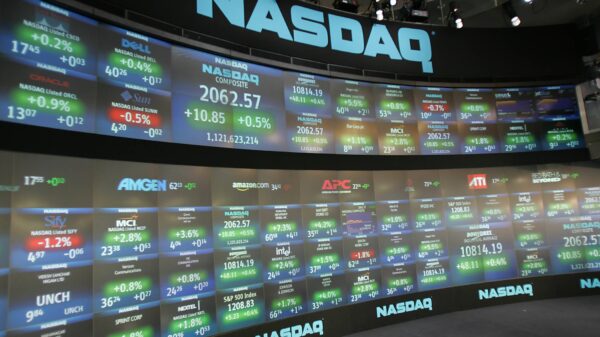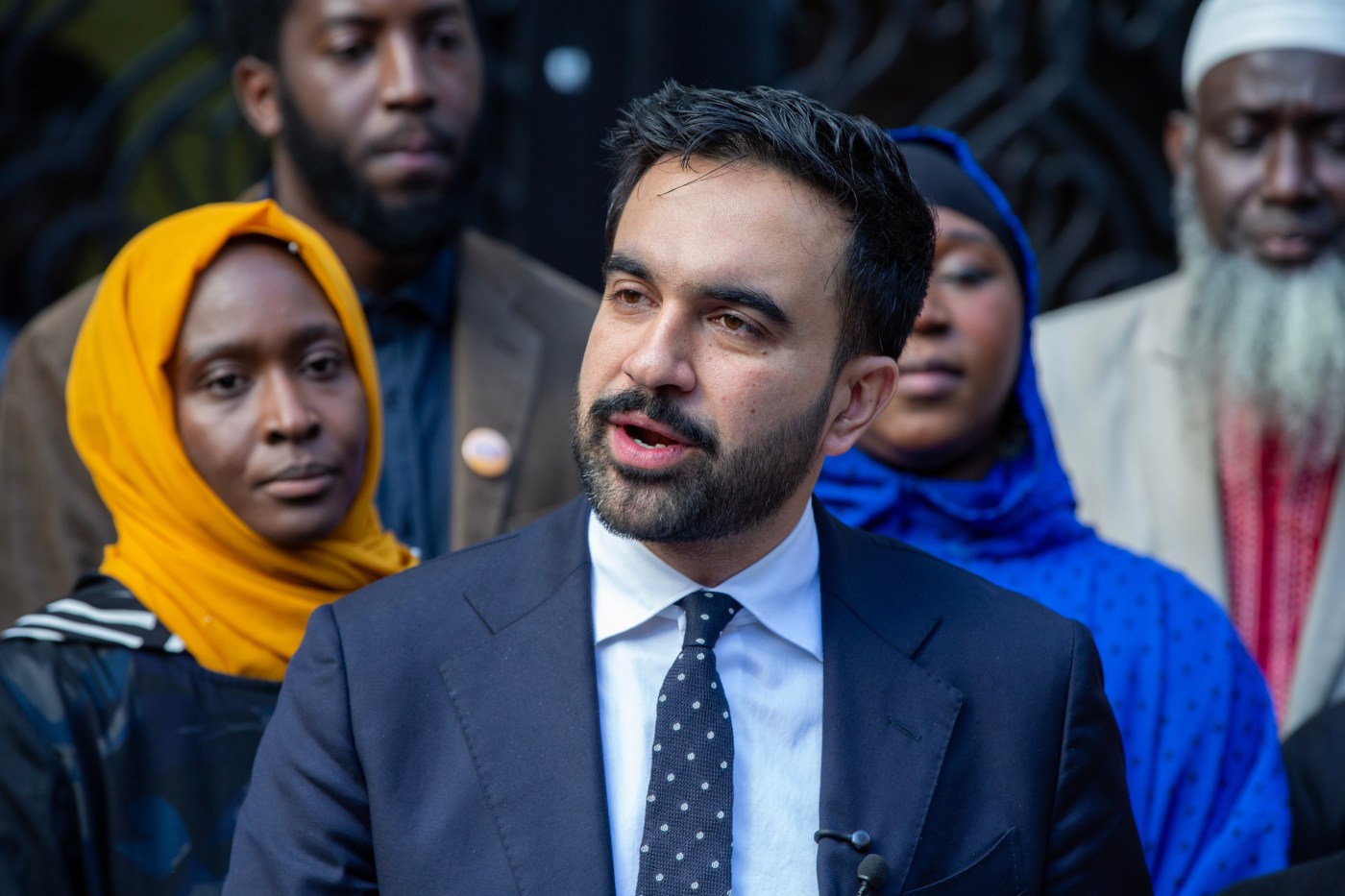The political landscape in the United States is shifting significantly, marked by the emergence of two young leaders: **Charlie Kirk** and **Zohran Mamdani**. Their contrasting visions could reshape the future of the Republican and Democratic parties, as both navigate the complexities of contemporary American politics. Kirk, a prominent conservative figure, was tragically assassinated, leaving behind a legacy of activism. In contrast, Mamdani is poised to become the mayor of **New York City**, representing a new wave of leftist ideology.
Charlie Kirk, who was just 31 at the time of his death, had garnered support from key figures, including former President **Donald Trump**. He founded **Turning Point USA**, a significant conservative movement aimed at engaging young Americans with principles of faith, freedom, and family. Kirk’s approach resonated with many, positioning him as a unifying figure within the Republican Party, advocating for a philosophy that emphasized personal responsibility and productivity.
On the other hand, **Zohran Mamdani**, a 34-year-old progressive, is transforming the Democratic Party’s narrative. Supported by influential senators such as **Bernie Sanders** and **Elizabeth Warren**, Mamdani is viewed as a leading voice for radical change. His platform promotes what he refers to as “free stuff socialism,” which has polarized the Democratic base, creating a divide between leftist radicals and moderates. His campaign, which seeks to implement extensive social programs, has resonated particularly with younger voters who are disillusioned with traditional political structures.
Mamdani’s policies include initiatives like free public transportation and subsidized grocery stores to assist low-income residents. These proposals contrast sharply with Kirk’s philosophy, which favored job creation and economic empowerment as solutions to poverty. As a member of the New York Assembly, Mamdani’s rise highlights a generational shift in Democratic leadership, moving towards a more aggressive leftist agenda.
Both politicians have drawn significant attention for their ability to engage with young audiences, albeit through drastically different lenses. Kirk’s conservative message focused on individual achievement, arguing that those who contribute to society should reap the benefits. Conversely, Mamdani’s rhetoric emphasizes collective support and government intervention.
The divergent paths of Kirk and Mamdani symbolize a broader ideological battle within U.S. politics. This struggle is not merely about policies but reflects deeper cultural and generational divides. Kirk advocated for a Republican vision that sought to unify through common values, while Mamdani’s approach to the Democratic Party champions a more radical reformation.
Mamdani’s background adds a unique perspective to his policies. Born in **Kampala, Uganda**, he emigrated to the United States with his family at the age of seven. His experiences shape his views on social justice and equity. In contrast, Kirk, raised in **Arlington Heights, Illinois**, dedicated his early career to promoting conservative values on college campuses across the nation.
As the U.S. approaches the elections, the influence of these two figures will be pivotal. Their contrasting philosophies may define the future trajectory of their respective parties. With **March 15, 2024**, marking a significant date in the political calendar, the decisions made at this crossroads will resonate for years to come.
The political landscape is not simply changing; it is being redefined by these young leaders who embody the hopes and frustrations of their generation. As they continue to gain traction, the choices they make will have lasting implications for the American electorate and the global political stage.








































































